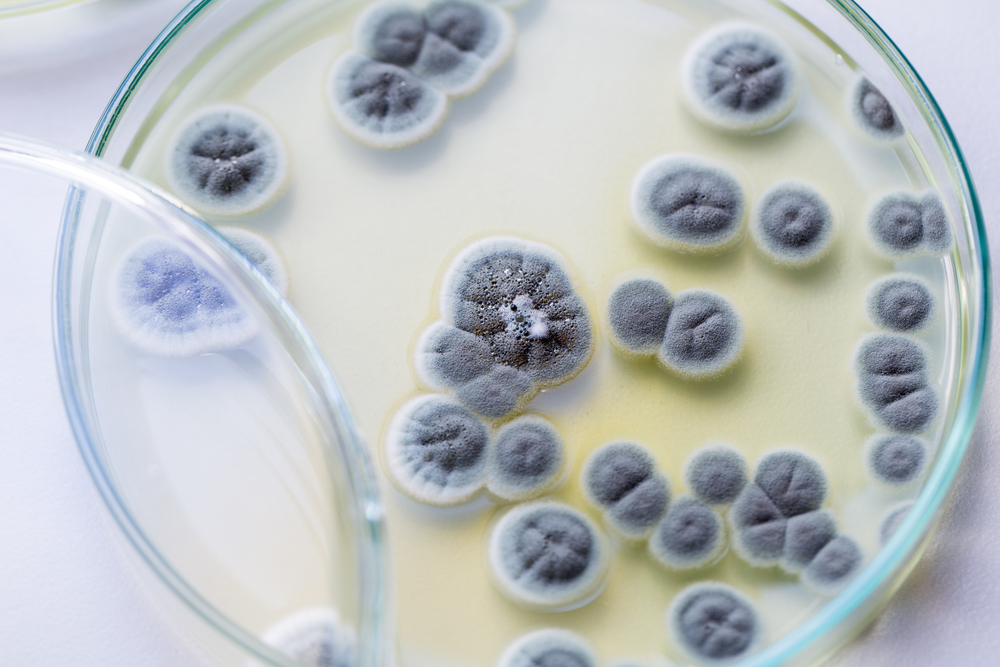
The Infectious Diseases Society of America (IDSA) recently called on senators to take a series of steps in reauthorizing the Pandemic and All Hazards Preparedness Act (PAHPA) to ensure that states, local communities, and medical providers can protect against threats to public health.
IDSA’s remarks came ahead of a Senate Health, Education, Labor and Pensions (HELP) Committee hearing that aimed to glean feedback on the reauthorization bill. Incentives for research and development of new antimicrobial drugs topped ISDA’s list of priorities.
“While antimicrobial resistance increasingly poses a serious hazard to our public health and security, our existing antimicrobial arsenal is insufficient to confront the rising tide of antimicrobial-resistant pathogens infecting patients,” IDSA stated. “While a danger on its own, antibiotic resistance can also severely complicate responses to other emergencies, such as an influenza pandemic or terrorist attacks resulting in serious injuries or illnesses.”
Despite recent efforts by the Biomedical Advanced Research and Development Authority to support the development of new antibiotics, develop lags “well behind” existing needs, IDSA added.
“Companies have little opportunity for return on investment since new antibiotics are only recommended for targeted use that makes high-volume sales of a new product unlikely,” the group said. “IDSA proposes that (Biomedical Advanced Research and Development Authority) be given new funding authority to provide market entry rewards of at least $500 million per new antimicrobial, paid over a period of five years. Such rewards should be reserved for antimicrobials that only address the most urgent unmet needs to treat resistant infections, and require commitments to antimicrobial stewardship and access agreements.”
ISDA also identified Investments in the infectious disease workforce, establishing a rapid response fund for use in public health emergencies and support for efforts to prevent, identify and mitigate global health threats as priorities of PAHPA reauthorization.




